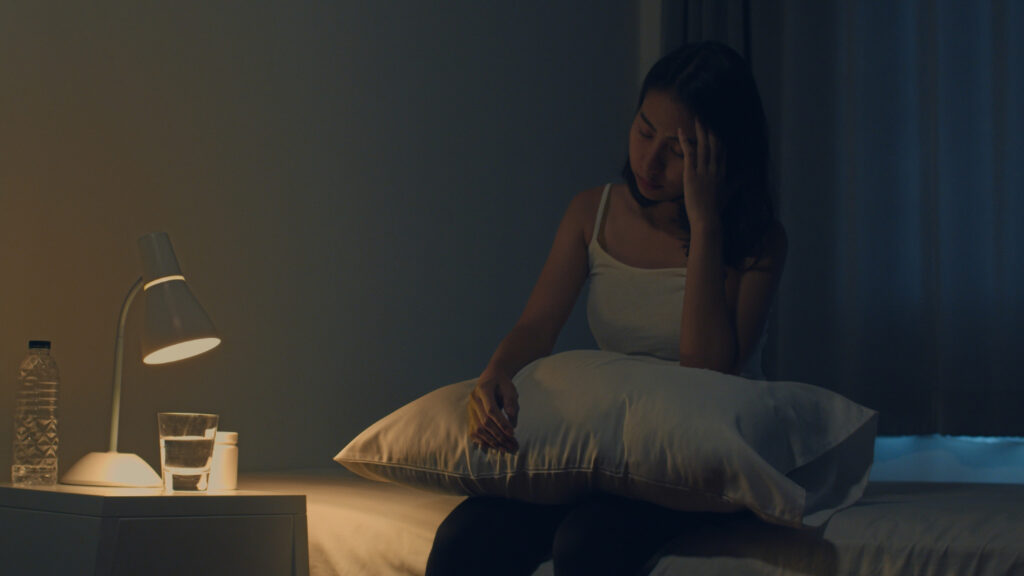You finished your depression treatment program. But something still feels…off.
You’re not spiraling. You’re not in crisis. But you’re not exactly thriving either. That spark you thought you’d get back? It hasn’t fully returned. It’s not just you. This happens to many people and is why long-term support after treatment is critical.
At Archway Behavioral Health, we believe long-term support isn’t optional. It’s essential. Explore our depression treatment program in Boca Raton, Florida, and discover why it may still hold answers for you.
Call or contact us online today!
Healing Doesn’t Stop When Symptoms Do
Completing treatment often means the most intense symptoms, like hopelessness or overwhelming fatigue, have eased. But “feeling better” isn’t the same as feeling whole.
What comes next is deeper work. Emotional maintenance. Identity rebuilding. And yes, moments of confusion and discomfort that no one warned you about. Depression doesn’t always shout; sometimes it lingers quietly, beneath the surface of your newly stable life.
Here’s what that might look like:
- You have energy, but no real drive or joy
- You show up to work, but feel empty afterward
- You maintain relationships, but avoid meaningful connections
- You tell people you’re “fine” and kind of believe it
None of this means you’re broken. It means you’re healing—and healing takes longer than discharge paperwork suggests.
Why Long-Term Support Isn’t Optional
Think of it this way: If you had surgery, the doctor wouldn’t hand you a bag of tools and say, “Good luck.” You’d have follow-ups. Physical therapy. Ongoing care. Mental health deserves the same.
Long-term support after a depression treatment program creates space to:
- Process new emotions that surface post-treatment
- Adjust to life without the structure of daily therapy
- Build deeper coping skills and emotional resilience
- Reconnect with purpose and not just survival
Without ongoing connection, it’s easy to slide back into emotional habits that made life small in the first place.
When the Numbness Creeps Back
Many alumni describe a moment—weeks or months after completing treatment—where they realize they’re drifting again. Not in crisis, but not okay. This emotional “gray zone” can be more dangerous than the initial low, because it’s quieter. Easier to ignore. Less likely to raise red flags.
This doesn’t mean treatment didn’t work. It means you’re hitting the next layer of recovery.
- Sometimes depression re-emerges not as sadness, but as:
- Emotional disconnection
- Irritability or restlessness
- Over-functioning to avoid inner discomfort
- Avoidance of vulnerability or joy
Long-term support provides a container for those moments. A place to ask, “What now?” and not be met with silence.

Life After Treatment Requires Ongoing Structure
When you’re no longer surrounded by daily therapy, group sessions, or check-ins, it can feel like falling off a cliff. The sudden lack of support creates space for isolation to sneak in, especially if you don’t have a strong social safety net.
The solution isn’t starting over. It’s staying connected in sustainable ways:
- Monthly therapy sessions focused on growth, not crisis
- Alumni groups that normalize the “after” of healing
- Ongoing communication with your original care team
- Creative outlets or community service to reignite meaning
If you’re in Highland Beach, Coral Springs, Delray Beach, or any of the communities around Boca Raton, you’re not far from care that continues. Archway Behavioral Health offers flexible options for ongoing support because life doesn’t stay static, and neither should your care.
There’s No Shame in Still Needing Help
You might hear that inner voice whisper, “You should be past this by now.” That voice is wrong. Healing isn’t linear. It’s layered, looping, and deeply human. Wanting continued support is not a sign of weakness; it’s a sign of wisdom.
“I thought I was done. But I kept waking up feeling empty. Staying connected to my treatment team helped me realize I wasn’t failing—I was still healing.”
– Alumni, 2023
You don’t have to explain or justify needing more. You just have to reach out.
Archway Helps You Reconnect, Not Just Recover
The goal of mental health care isn’t just to stop suffering. It’s to help you feel again. Laugh without guilt. Rest without shame. Say “yes” to things that matter and “no” to what doesn’t.
Long-term supportive care helps you get there by walking with you while you rediscover what wellness actually feels like.
Call Archway Behavioral Health at (888) 530-0227, reach out online, or learn more about our depression treatment program and other behavioral health services in Boca Raton, Florida.
You don’t need a breakdown to come back. You just need the honesty to say, “I’m not done yet.”


